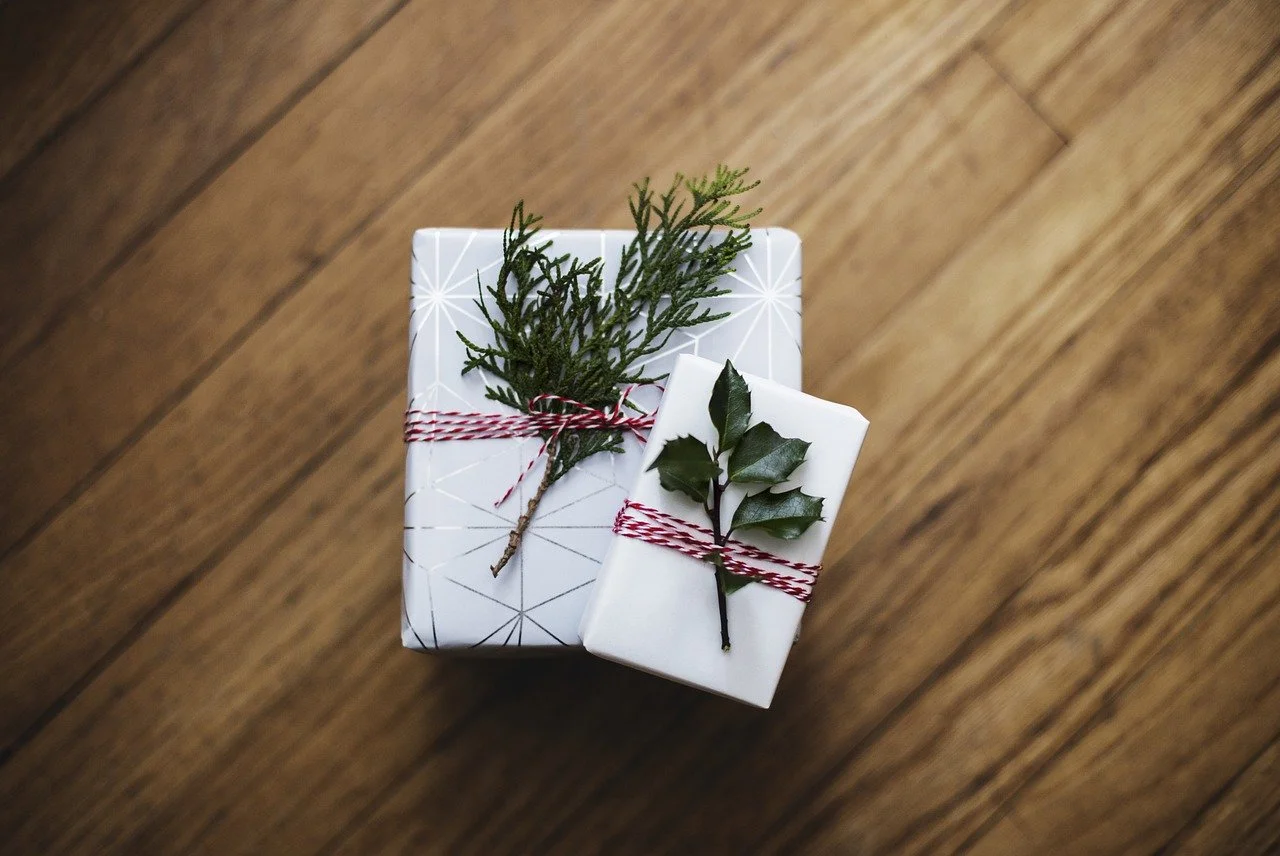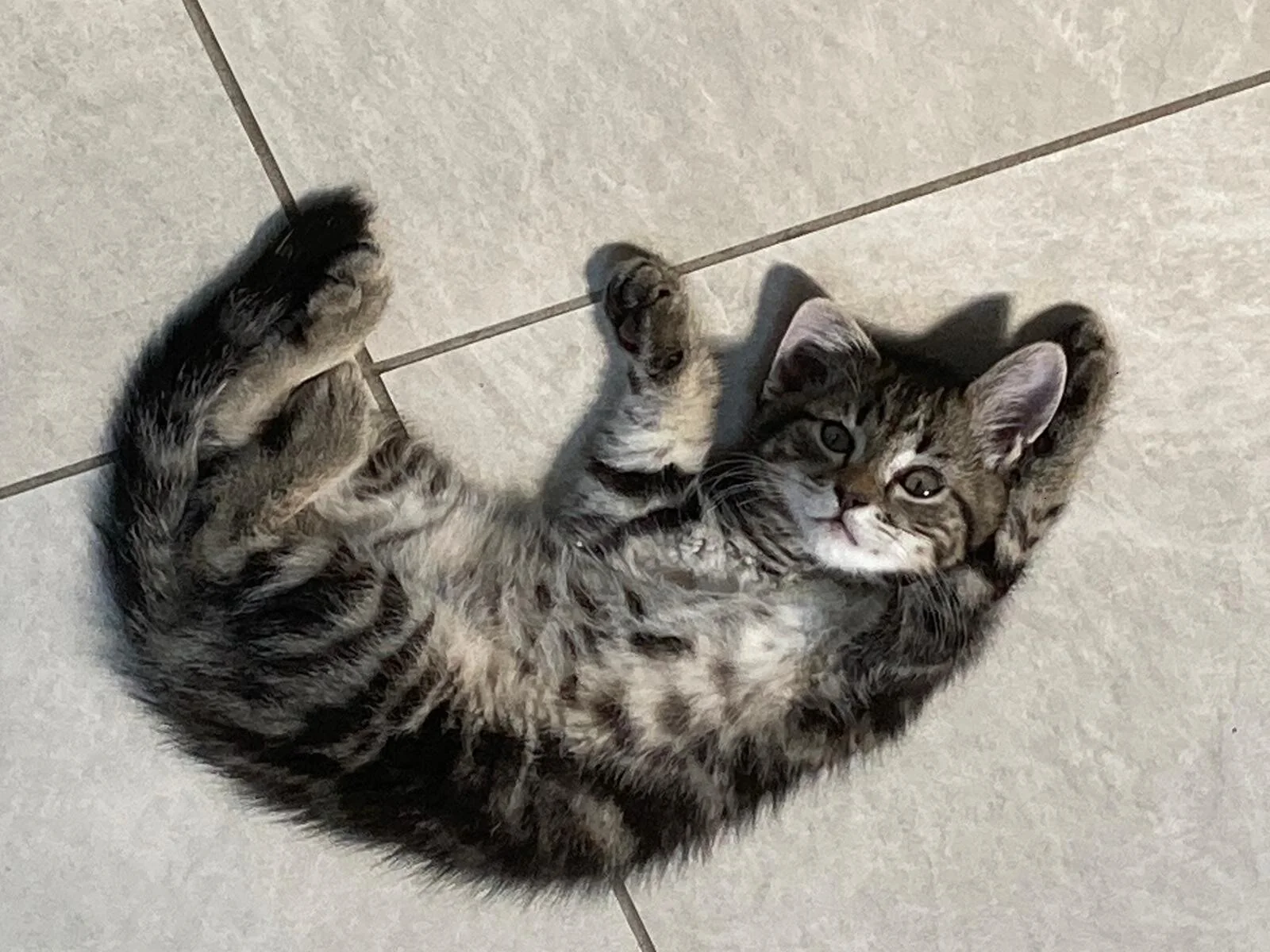Amy used to be very active, playing hockey, running, swimming, and always being “on the go”. But then in her early thirties she began to experience chronic lower back pain.
“It got to the point where I couldn’t do any of the things that I loved doing any more,” she said.
“I couldn’t run, and it hurt to walk.”
Amy felt as though she were “losing her identity” because of the pain, which is not an uncommon feeling.
Many people remark that it’s impossible to recognise yourself after a while as all your energy is focused on managing pain.
Each day becomes dominated by working out how to cope with the persistent pain, to the point that mundane tasks require enormous effort and planning.
Amy tried visiting physiotherapists, and did two lower back rehabilitation programmes, but nothing seemed to help.
Then she tried working with Mags, and began to move with much less pain.
Now she has returned to being active, and runs, swims and goes to the gym, as well as doing yoga and Pilates.
“I genuinely do not give my back a second thought,” she said.
“I have rediscovered a love of horse riding and gardening, so I get to do all the things that I love to do.”
Amy added that working with Mags has helped her to better understand her pain.
“I’m so grateful for this process, because firstly I am pain free, but secondly, I have a much greater understanding of pain, and that it may be a signal of something else that is going on,” she said.
“To be really able to delve into that and understand that has been the most rewarding part for me in this whole process.”
It has also helped her to reclaim her identity and her overall ability to cope with daily tasks.
With a new understanding of her highly sensitive nature, Amy has ensured she has regular quiet time at work to re-group.
This has allowed her to stay in her job and increase her responsibilities, and she recently accepted a rotation to a new role.
You can watch Amy telling some of her story previously here.










